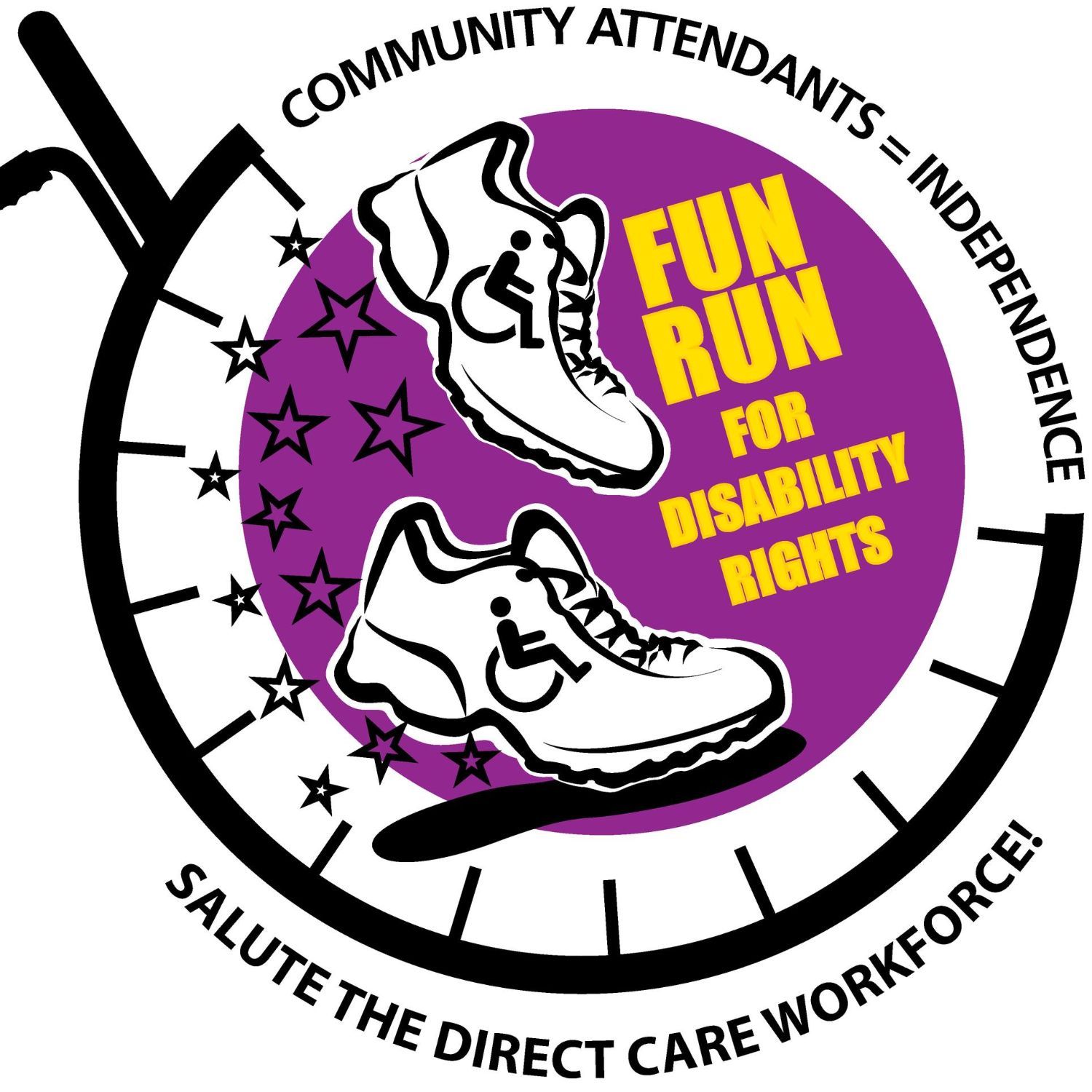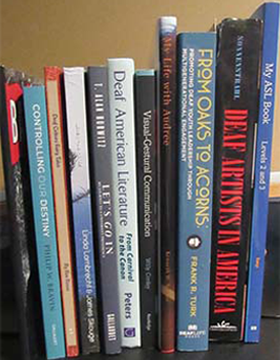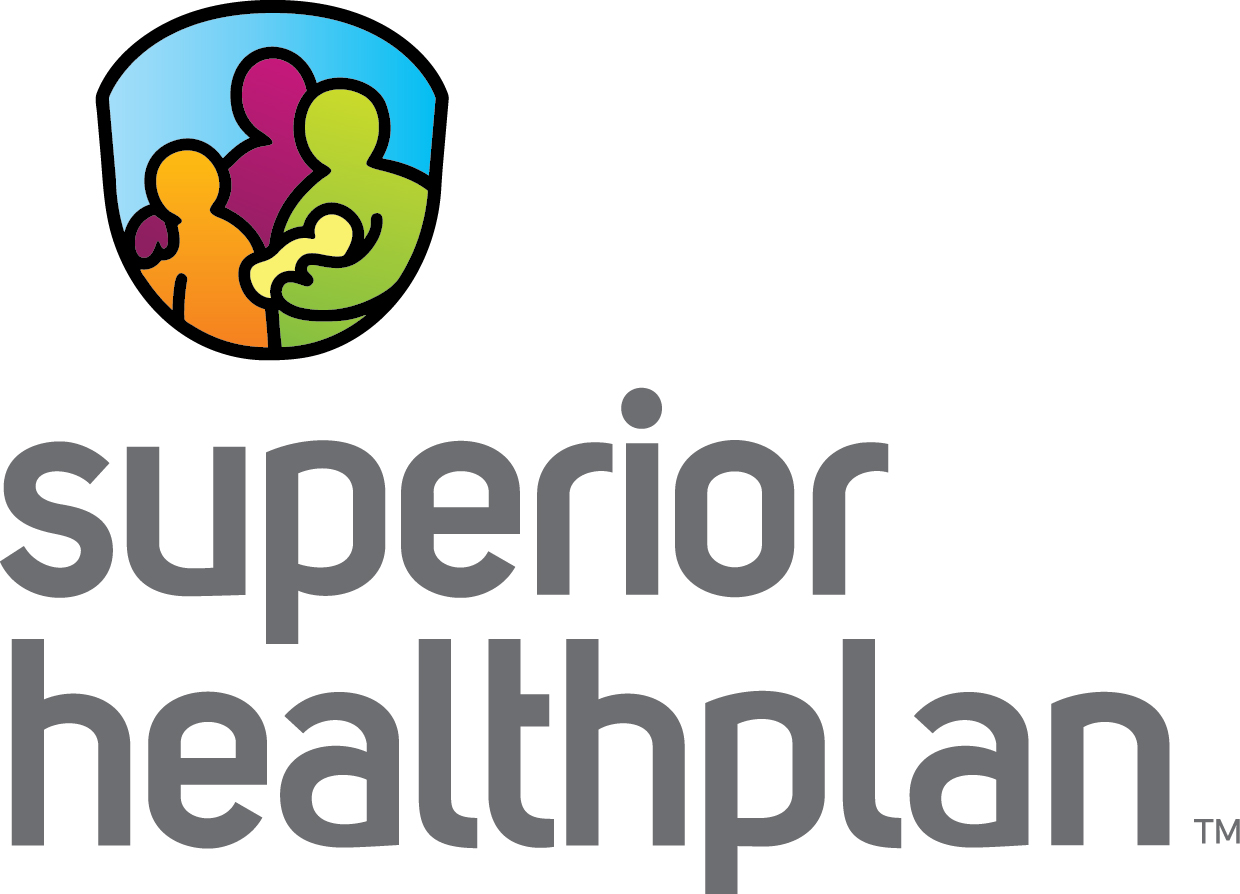COVID-19 and Texans with Disabilities At the end of the day March 13, 2020, CTD staff left the office under the assumption we’d be closed the following week, maybe more. It’s been over two years now, and while some of us have returned to the office, others remain remote. We’re grateful to have this flexibility, because our individual circumstances regarding COVID-19 vary widely. Some of us are immuno-compromised, or live with someone who is, and are hesitant to increase our exposure. Others have struggled with attendant care, further complicated by the pandemic, which makes the logistics of going to the office (or anywhere) uncertain. Still others have struggled with their mental health being stuck at home. Like everyone else, we want to get back to our work and lives, even if it means doing things a little differently than we did before the pandemic. But as people with disabilities and their friends and colleagues, we’ve had our own difficulties navigating these past two years. Accessibility barriers with personal protective equipment (PPE), vaccine locations, and at-home tests are just a few tangible examples of what people with disabilities have encountered in COVID-19 response efforts. People who rely on attendant care and their attendants don’t always see eye to eye on the best safety measures, like whether to get vaccinated. This puts both parties in an uncomfortable situation, at best, and a deadly one in the worst cases. In public discourse and policy, people with disabilities and older adults have been cast as acceptable collateral damage in the national response to COVID-19. A case in point: late last year, CTD joined a letter by the American Association of People with Disabilities to CDC Director Dr. Rochelle Walensky, who had remarked in an interview that it was “encouraging news” that it was patients who “were unwell to begin with” that were dying from COVID-19 at much higher rates. 150 disability organizations begged to differ with her definition of "encouraging." Fortunately, in this case, AAPD's work has resulted in an apology from Dr. Walensky and her commitment to deeper involvement with the disability community moving forward. View the original letter and follow up. But that harmful rhetoric is still out there. Check out Emily Ladau’s list of articles by Americans with disabilities that explore many more ways people with disabilities have been overlooked or left behind in COVID-19 policy and practices. The end in sight? Right now, it feels like we’re entering a transition period. Many of us observe the general population already behaving as though we’re already done with COVID-19 (forgoing masks, attending large gatherings, just speaking about the pandemic in the past tense). Numbers of COVID-19 cases, hospitalizations, and deaths are going down all over Texas—but they’re not at zero. As we’ve seen (three times now), another surge could be just around the corner, with any number of variables we haven’t yet encountered or prepared for. Plus, for the reasons stated above, people with disabilities, the immuno-compromised, older adults, and other marginalized populations remain farther away from the finish line than the general population. We’re feeling fear and pessimism at CTD, but here’s the thing. We’re not helpless, and neither are you. We can get to that finish line. As bad as this pandemic has been, it could have been worse—made more people sicker and took more people from us. We are where we are because so many of us have been taking actions to protect ourselves (and each other). The biggest example of this is that vaccinations have kept more people from getting worse infections—including folks who are unable to get the vaccine themselves because of their disabilities or conditions. So, what can you do now? Find the PPE and tests that work best for you, and stock up now, while demand is low. You can still get at-home tests delivered for free. Better to be prepared in case another surge is in our near future. If you can, get vaccinated and boosted. If you need assistance tracking down an accessible vaccine clinic, or are having any issues with getting a vaccine, Disability Rights Texas may be able to help! Call their Vaccine Hotline at 1-800-880-8401 or send an email to vaccine@DRTx.org for free assistance from a Vaccine Access Navigator. If you have questions about COVID-19 or the vaccine, a number of Texas organizations representing people with disabilities have compiled the latest, most accurate information. Check out our partners’ extensive libraries of resources, FAQs, studies, and personal stories: Note that these resources are a supplement to, not a substitute for guidance from a medical provider who knows you. Read a little more on why that's especially important for people with compromised immune systems. |







